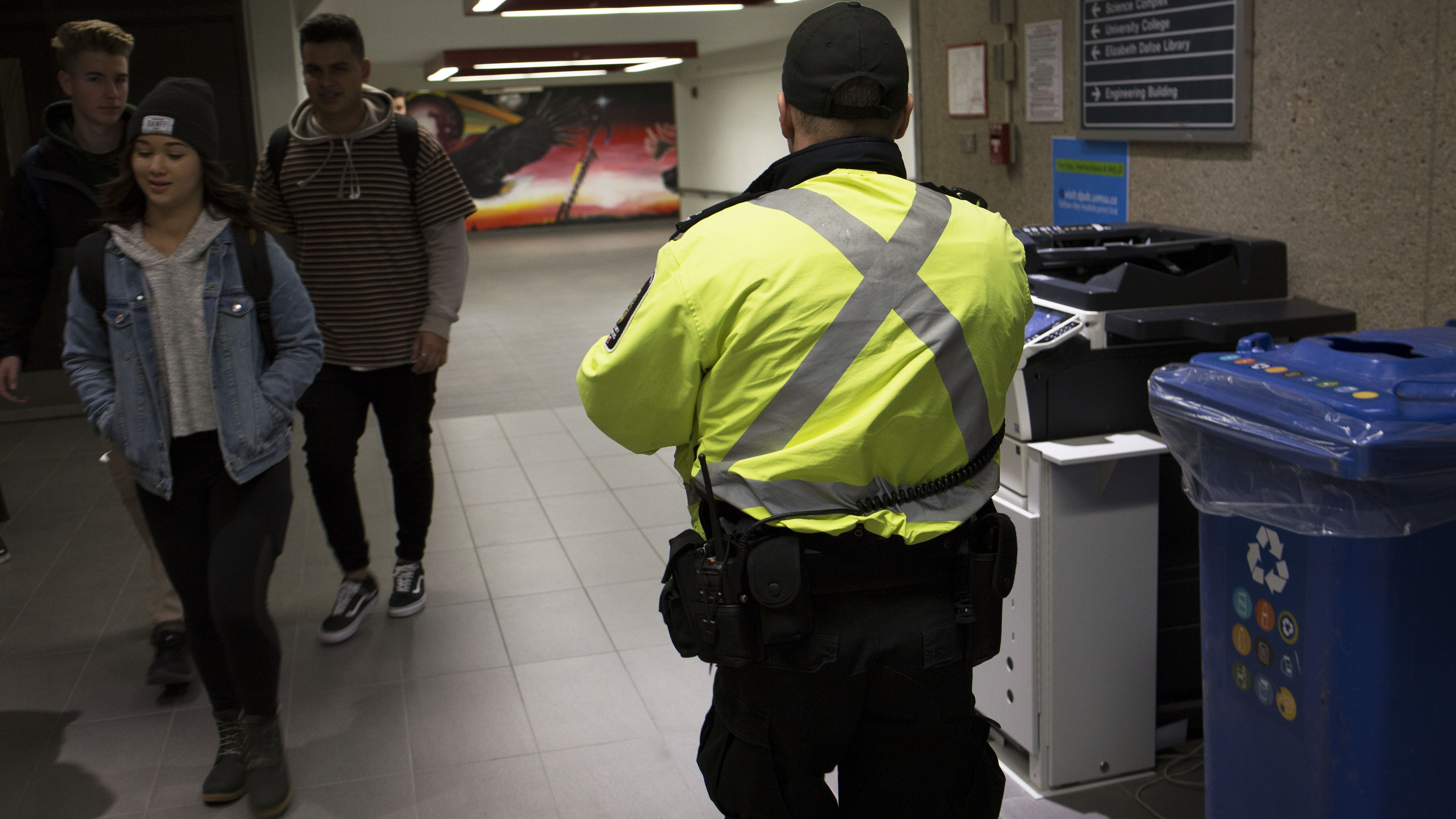While cannabis legalization means Canadians will be able to legally smoke for the first time, students will not be allowed to light up on campus.
The provincial Non-Smokers Health Protection and Vapour Products Act prohibits smoking marijuana on school grounds. Once legal, smoking marijuana will remain illegal in public spaces.
The growth and sale of cannabis is also illegal on campus — including in dormitories — in accordance with provincial legislation.
An email was sent to all students living on campus reminding them the student residence cannabis policy forbids consuming, preparing, selling and growing cannabis.
The email also warned students if they smelled of marijuana or presented a “delayed response” in opening their door, it would “raise further suspicion and increase the severity of the sanction levied.”
Students caught breaking these rules in residence will be fined a minimum of $50 for a first-time offense.
Non-recreational marijuana use on campus is restricted to those with a prescription and must be in accordance with the U of M’s clean air procedure, which enforces non-smoking areas on campus with the intent of maintaining public safety and a clean environment.
According to U of M spokesperson John Danakas, there will be no new policies in place for disciplining recreational cannabis use on school grounds, but that may change in the future.
“The university will be monitoring the impact of legalization and stay on top of that in terms of making adjustments to the policy,” he said.
Discussions are already underway between UMSU and the university to allow edible cannabis products in private dorms.
Danakas said the university will be focusing on providing support for students who are looking for further education on cannabis use or feel they have developed a dependency.
“The focus is moreso on behaviours that might harm individuals that result from abuse, rather than on the action itself,” Danakas said.
“And that in dealing with the action itself, it’s the same disciplinary processes that are in place now for abuse of substances.”
He added if security was to catch students smoking cannabis on campus, disciplinary procedure would be decided on a case-by-case basis, ranging from simply asking the students to butt out to more serious disciplinary action.
Timothy Appleyard, a computer science student, said while he would not have a problem with students smoking up on campus, precautions should be taken to ensure people with respiratory issues are considered.
“I know for me, having asthma, knowing that there’s designated spots where people could be smoking, I’d know to avoid those,” he said.
“I’m personally just all fine with the use of cannabis, but just having that happen in random spots around university, I just don’t like the smell. So a designated spot I know I could avoid would be nice.”
Fellow computer science student Luke Delatorre agreed with the implementation of possible designated smoking areas on campus in the future.
“For the most part, the designated spots would be nice, just to make sure — you know, you don’t want to influence the kids or anything.”
Healthy U, a volunteer-based peer-to-peer health education service on campus, will be available to answer questions students may have about cannabis use. Students are invited to visit the service if they are looking for counselling services.
Healthy U will also direct students who are concerned about their cannabis use to helpful resources.



